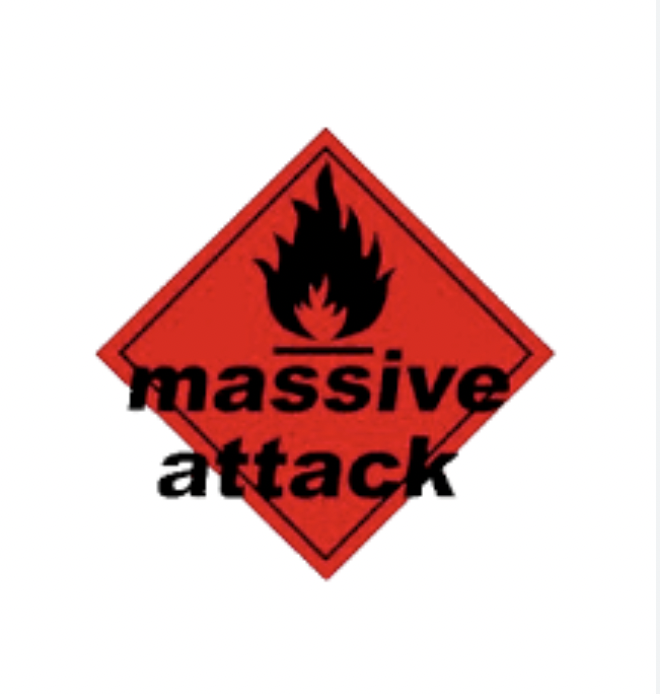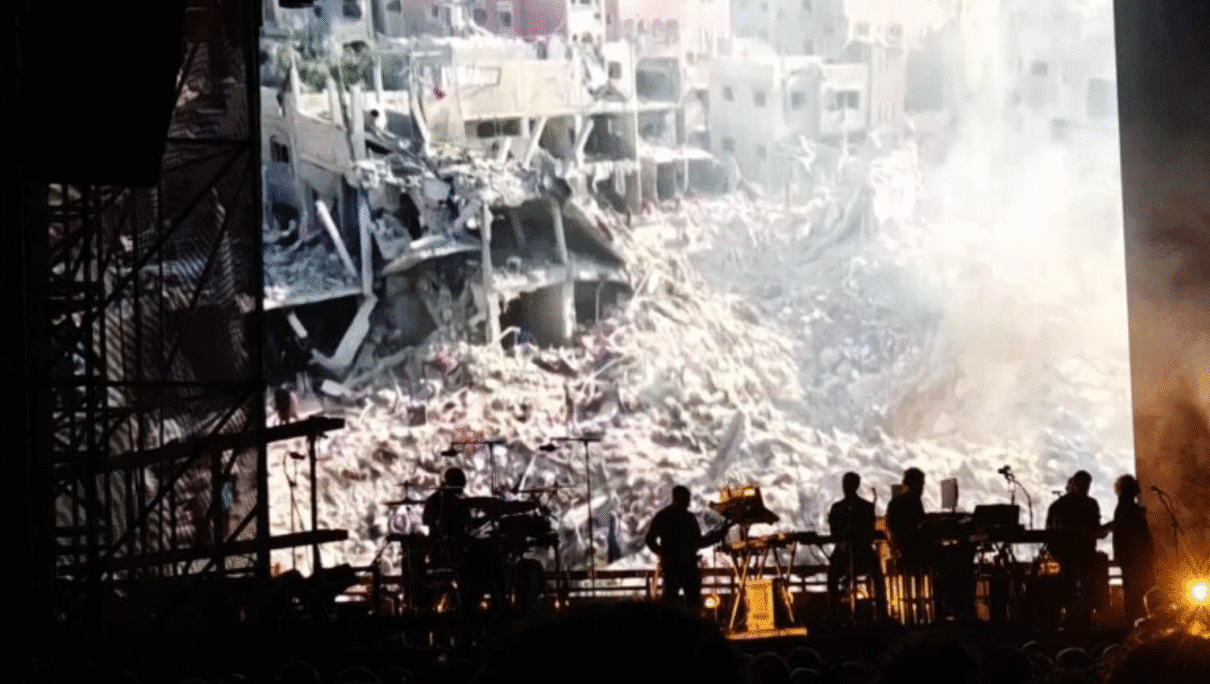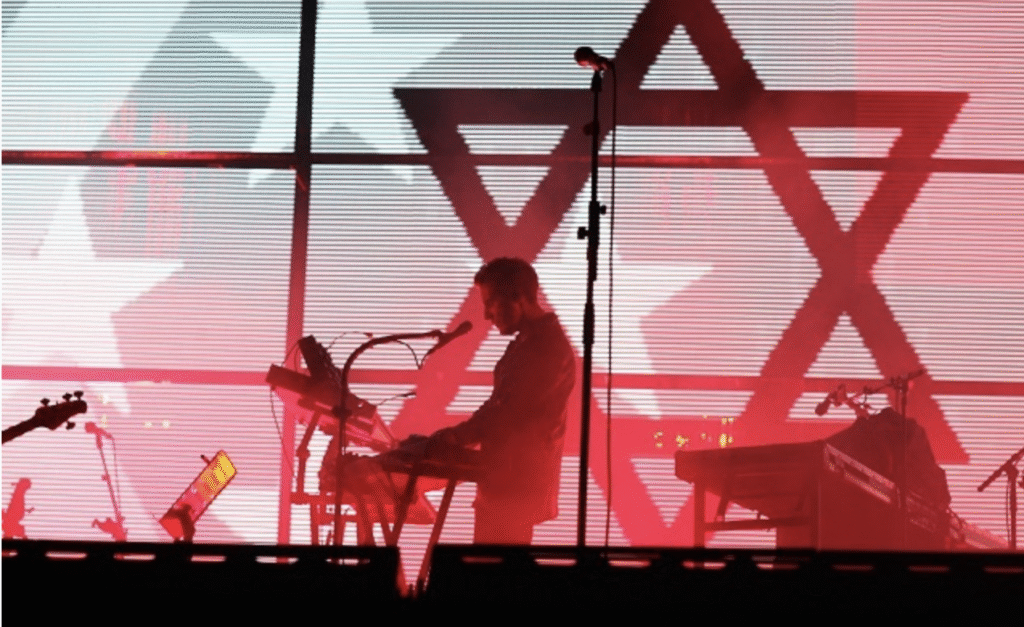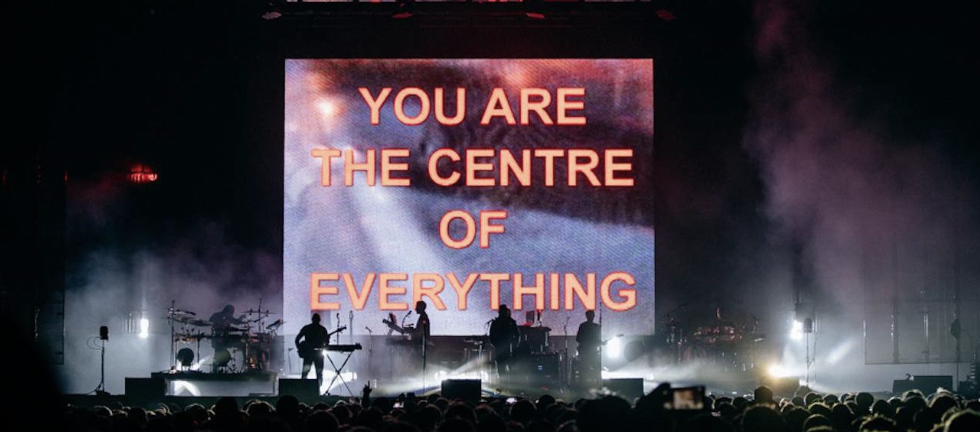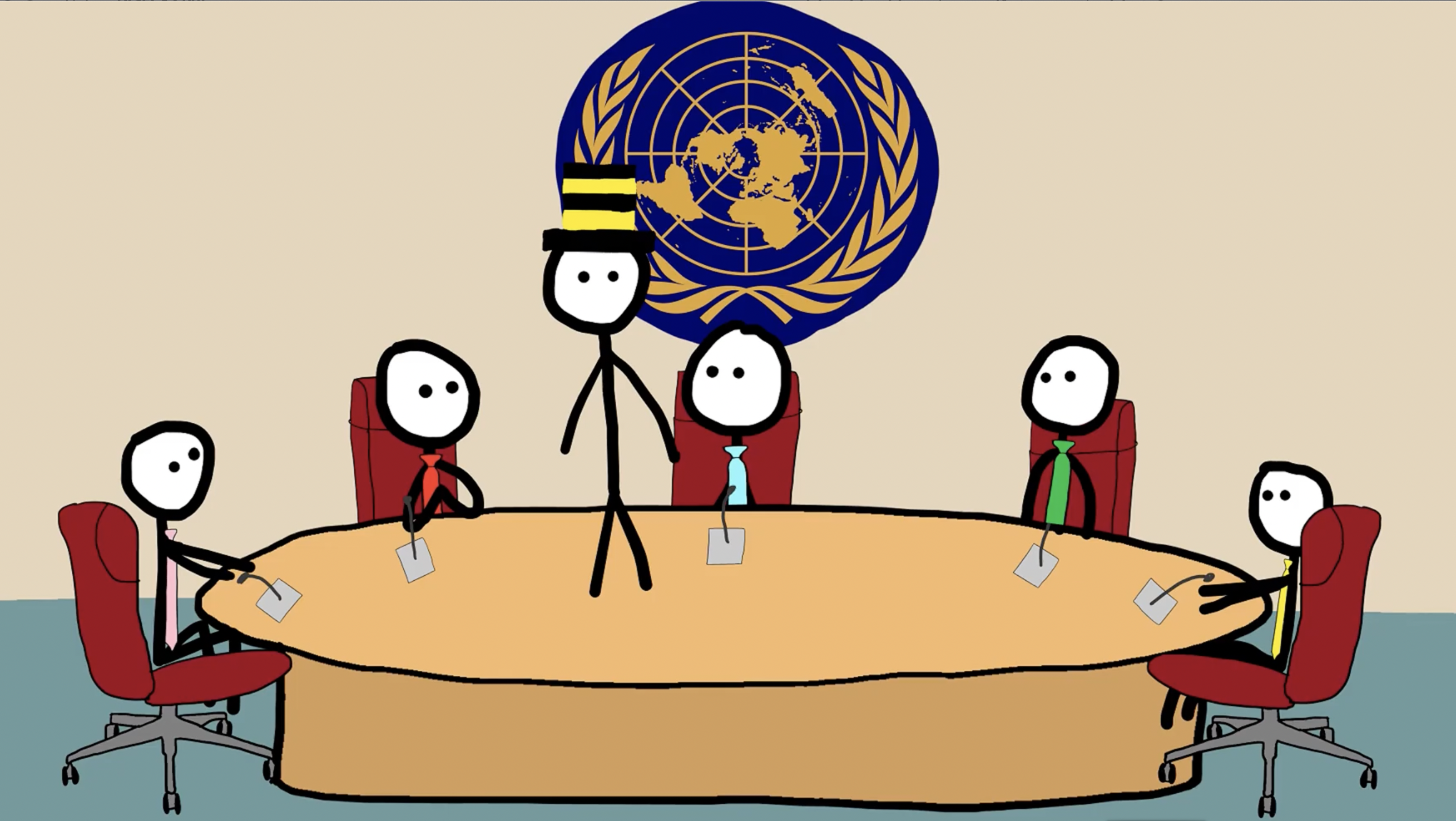In the landscape of modern music, few groups have the aura and influence of Massive Attack. Since the early 1990s, they have been synonymous with the dark, brooding sound of trip-hop, a genre that itself emerged from the social and economic decay of urban Bristol. But their true power extends far beyond crafting iconic soundtracks. For decades, Massive Attack has operated as a unique force in shaping public opinion, using their music not just as art, but as a tool for social and political commentary. This long-standing mission found one of its most potent and focused expressions in their 2020 collaborative EP, Eutopia, with the mercurial Scottish group Young Fathers. This project wasn’t an anomaly; it was the culmination of a career-long strategy to make listeners think as much as they feel.
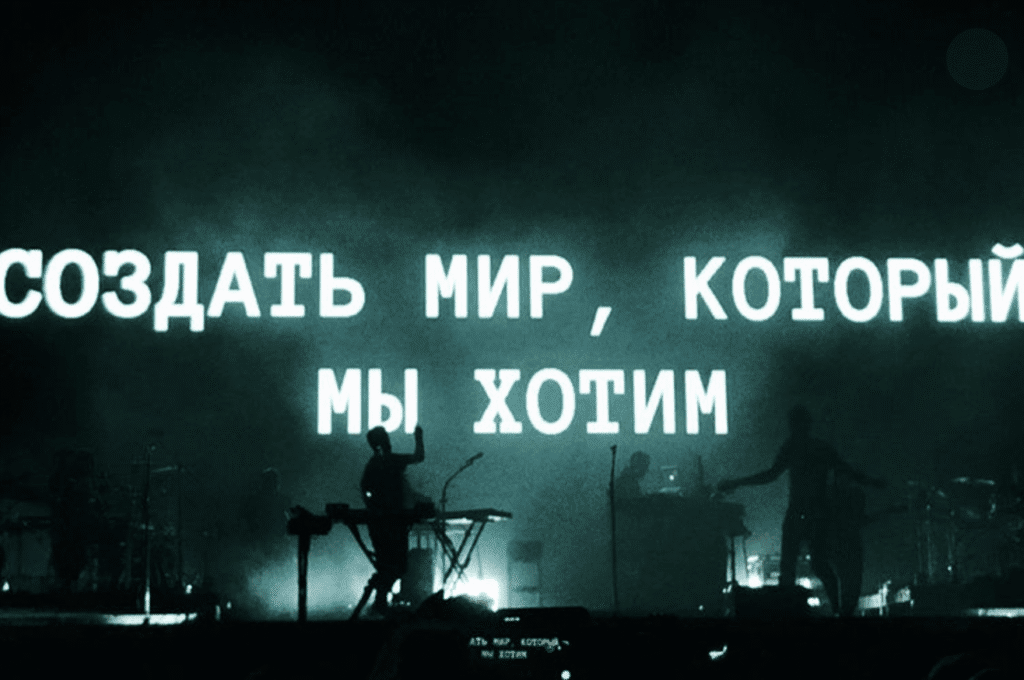
The Foundation: Music as a Vehicle for Disquiet
From the very beginning, Massive Attack’s music was never just for background listening. Tracks like “Safe from Harm” on their seminal debut Blue Lines framed a narrative of paranoia and protection. Their sound—a dense collage of dub basslines, eerie samples, hypnotic beats, and haunting vocals—creates an atmosphere of profound unease. It’s the perfect sonic representation of modern anxiety, touching on themes of urban isolation, systemic failure, and political distrust. They mastered the art of making the personal political. By scoring the internal monologue of a generation, they built a foundation of trust and shared sentiment with their audience. This trust is the essential prerequisite for influencing opinion; it means when they speak, their listeners are already primed to listen.
From Stage to Statement: The UNDP Partnership
Massive Attack’s activism moved beyond lyrical themes into direct action, most notably through their innovative partnership with the United Nations Development Programme (UNDP). They reimagined what a concert could be.
On their tours, the iconic “Massive Attack Sound System” became a vehicle for data dissemination. Before the band played, the screens would light up not with psychedelic visuals, but with stark, sobering statistics from the UNDP’s Human Development Reports. Facts about global poverty, carbon emissions, and military spending were projected to a captive audience of thousands. This was a genius subversion of the media model. They bypassed traditional news outlets and delivered hard, factual information directly to a demographic often disengaged from formal politics. They used the visceral, emotional power of their music as a Trojan horse for complex issues, making global data resonate on a human level and framing crises not as distant headlines, but as urgent, shared responsibilities.
The Modern Manifesto: “Eutopia” with Young Fathers
The Eutopia EP is the purest distillation of this methodology. Released on July 10, 2020, in the midst of a global pandemic and a boiling point for social justice movements, its timing was impeccable. Teaming with Young Fathers—a group whose own work is a raw, rhythmic exploration of Black identity, politics, and power—was a masterstroke. The inclusion of poet Saul Williams and band Algiers solidified it as a collective artistic front. Inspired by Thomas More’s Utopia, the project cleverly plays on the word “Eutopia” (meaning “good place”) versus “Utopia” (“no place”). This isn’t a naive dream of perfection; it’s a gritty, urgent demand for something better. The chosen format—an audio-visual EP—was critical to its impact. Tracks like “Narcissus (Eutopia)” weren’t just songs; they were short films. They presented a confronting collage of imagery: masked protesters, environmental decay, and stark social divides. The music itself—a tense, percussive, and haunting blend of Massive Attack’s atmospheric dread and Young Fathers’ gospel-punk energy—created an unsettling yet compelling soundscape.
Here, they implemented their signature trend: using multi-sensory art to frame the conversation. Instead of a news report on climate change, they offered a sensory experience of it. Instead of a headline about systemic inequality, they provided a poetic and visual meditation on its human cost. They shaped opinion not by arguing a specific policy on a talk show, but by curating a specific feeling of unease, urgency, and desperate need for change within their art.
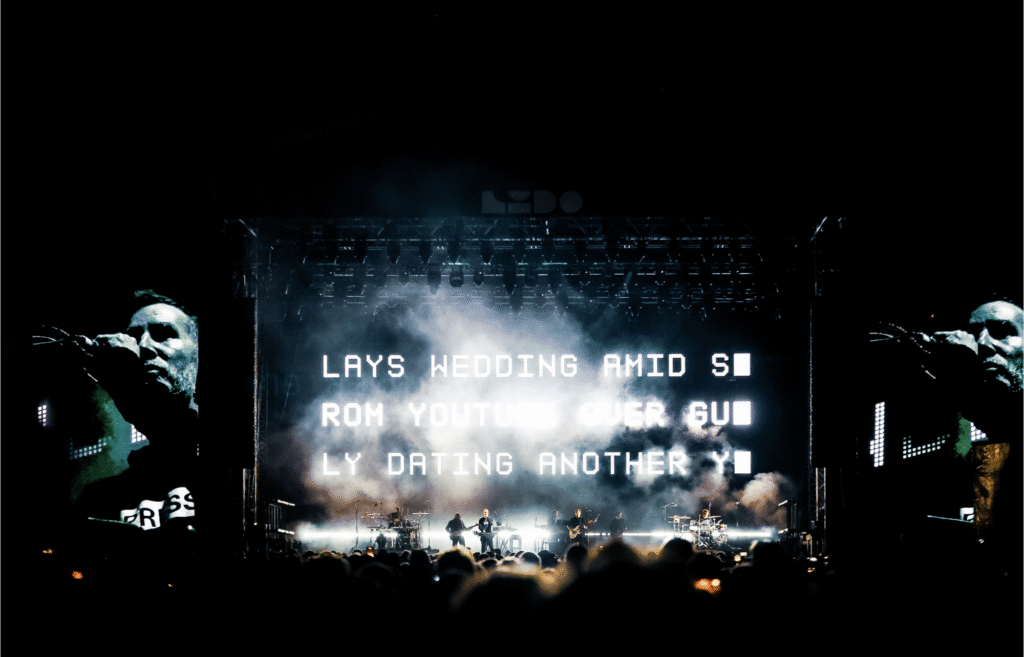
The Blueprint for influence
The trend embodied by “Massive Attack Eutopia Young Fathers” provides a blueprint for artistic influence in the digital age:
1. Build Trust Through Authenticity: Their political stance isn’t a brand accessory; it’s woven into the fabric of their music, making it credible.
2. Collaborate to Amplify: They join forces with artists like Young Fathers who share their ethos, creating a louder, more unified voice.
3. Create Immersive Experiences: They understand that facts (UNDP data) and feeling (their music) are more powerful together than apart. They use multi-format projects (audio-visual EPs, data-driven concerts) to engage audiences on multiple levels.
4. Reframe, Don’t Preach: They don’t tell audiences what to think. They use art to reframe issues, offering new perspectives and emotional contexts that encourage people to question and engage on their own terms.
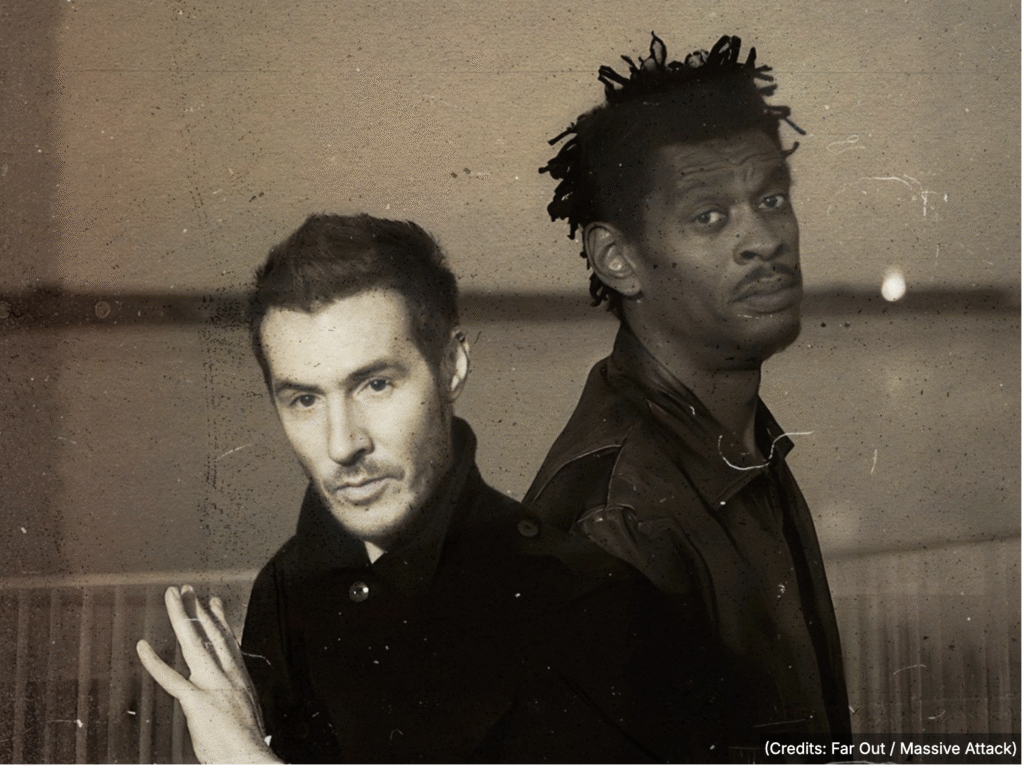
Massive Attack proves that the most powerful influence often isn’t the loudest argument, but the most compelling atmosphere. They create worlds within their music—often dark, complex, and challenging ones—and invite us to step inside. And once we’re in, we can’t help but see our own world a little differently. Eutopia is not a destination they promise, but a conversation they insist we have. And that is how public opinion is truly shape
